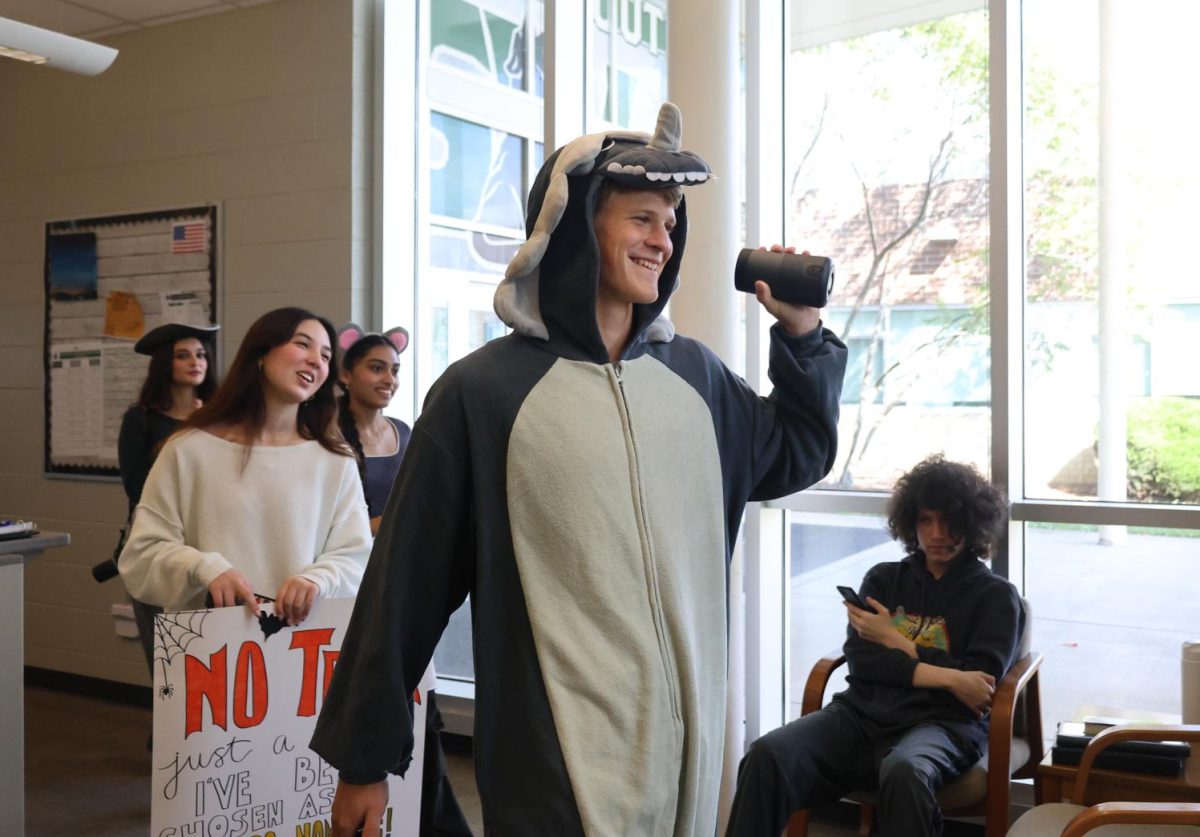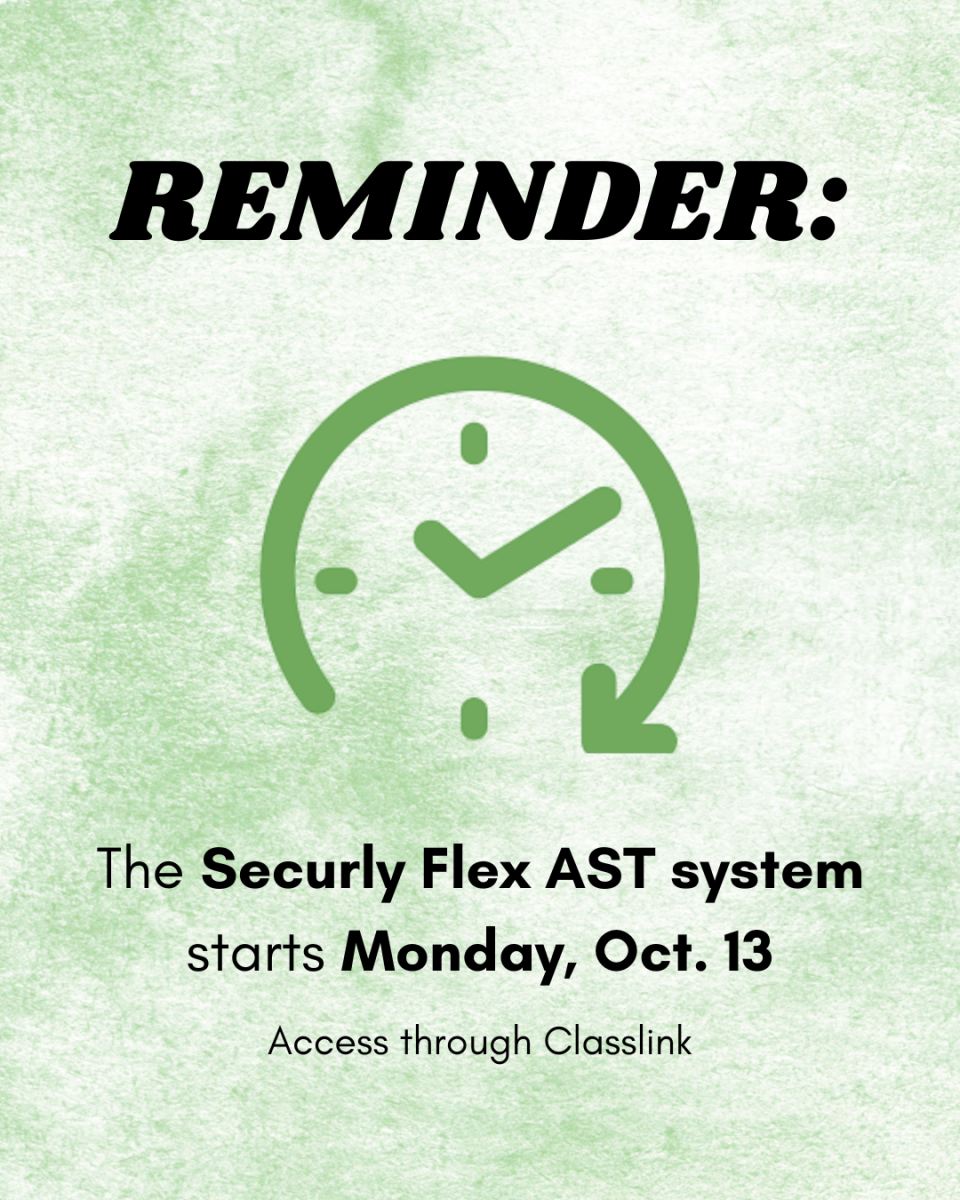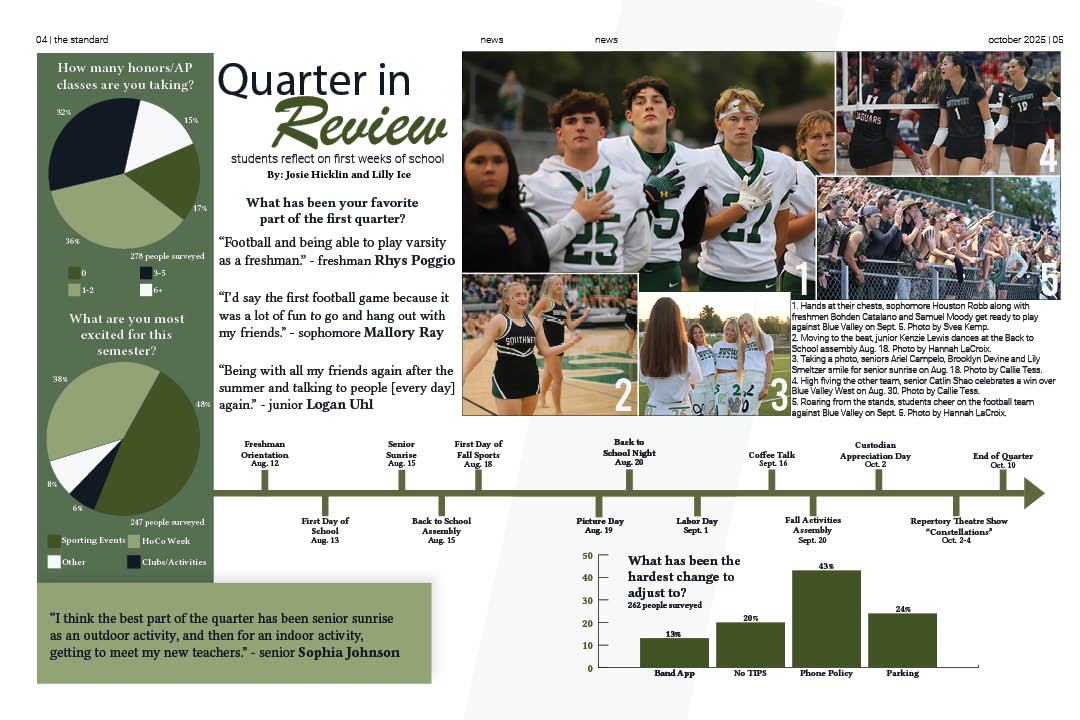Between tests, classes and activi- ties, things can get hectic, students may experience bad days and find themselves in need of a pick-me- up. For most people this would mean eating a piece of chocolate or a visit to a counselor or friend. But school counselor Kristi Dixon and junior Hannah Dyer found a differ- ent way to provide comfort and happiness to students. Their idea is to get the school a social dog.
A social dog is a working dog that is trained to pick up on emotions in people. For example, if someone is feeling sad or un- happy, a social dog would sense that and go up to the person to offer comfort. Dixon first got the idea for a social dog when teaching at Harmony Middle School in the late ‘90s.
“At that point in time, I had just gotten a black lab and brought it to school one day and noticed how it impacted my students,” Dixon said. “One student in particular that really struggled with reading would read pages and pages and pages if it meant he
march 2011 MAY 2012
could have time with the dog.” Dixon has been working on trying to get a
social dog ever since. When Dyer found out, she jumped right on board and made a peti- tion for students to sign, as well as posters she placed around the school.
“She had mentioned that she wanted to get one [a social dog] for our school,” Dyer said. “I was instantly in love with the idea.”
However, the process of obtaining a social dog is long and difficult. To begin, Dyer, Dixon and one other school counselor would need to present the idea to Dr. Mark Schmidt at district office. Once the idea reaches district office, they would then need to make a presentation. Dyer has gotten a head start on the process by preparing a broadcast story and a persuasive paper on the subject.
“Other people over the years, I guess, have tried to make this happen,” Dixon said. “I really don’t know why it hasn’t worked out.”
After getting the approval for a social dog, Dixon would head to Washington, Kan., where she would receive a dog who already has completed the required two years of training. At that point, the dog would be
worth around $10,000, but would cost $100. Dixon would pay for all expenses associated with the dog, as well as take care of it.
A social dog can provide a safe and com- forting environment in counseling sessions. It can also help elevate a mood.
“There is a great percentage of students at our school with either social problems or depression or anything along those lines,” Dyer said. “The dog would be more directed at them and helping them talk about things and relax them.”
However, not everyone is excited about the idea of a social dog. To some, it may seem strange or pointless. Others are wor- ried about the physical effects it might have on students. If a student is allergic to dogs, having a social dog around school could potentially be an issue. There are also many students who simply don’t like dogs or have a fear of dogs.
“I want all kids to feel safe,” Dixon said. “I don’t want someone to feel like they can’t come see me because they have a fear of dogs or are allergic. So I’ve looked into creat- ing a dog-free zone if necessary, but home camp would be my office.”








